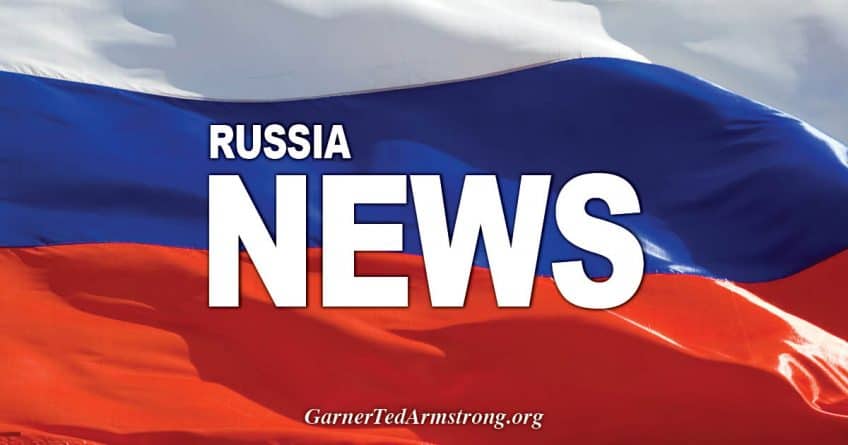How Much Are Sanctions Hurting Russia? – On Wednesday, the United States issued a slew of new sanctions against Russian banks and elites, which included a ban on Americans investing in Russia. The new sanctions specifically targeted Russia’s Sberbank, which holds around one-third of the country’s bank assets.
Sanctions also targeted Russian President Vladimir Putin’s two daughters and Alfabank, the fourth-largest financial institution in the country.
But with the invasion of Ukraine still ongoing, many are asking whether sanctions are hurting Russia enough to have any effect.
How Sanctions Are Hurting Russia’s Economy
J.P. Morgan economists believe that Russia’s Gross Domestic Product is likely to shrink by 7 percent on the year, and by 35% this quarter. The same economists also believe that inflation in Russia could hit 14% by the end of this year. That’s double the level of inflation that the United States has seen over the last year.
“A peak-to trough decline in Russian GDP is now expected at around 12%, comparable to 1998 (~10%) and 2008 (~11%) crises and COVID-19 shock (~9%)”, Anatoliy Shal from JPMorgan explained in a memo to clients.
“What is clear though, is that Russia’s economic growth and political isolation will lead to lower growth in the long run,” she added.
Beyond GDP, inflation, and general quality of life, sanctions are also putting indirect pressure on major industries like airlines. A ban on the export of American technology, including spare parts and tools for aircraft in Russia built by Boeing and Airbus, prompted Russia to announce new legislation allowing for the confiscation of foreign airplanes at Russian airports. The confiscated planes are expected to be used for domestic flights in Russia and could be used to salvage parts for other airplanes while Russia sources alternatives – likely from China.
Aside from whether or not the sanctions are hurting Russia – and they unquestionably are – it has become increasingly clear that the sanctions have not worked in the sense that Russian President Vladimir Putin has not reversed course and his invasion of Ukraine continues.
Former NATO Supreme Allied Commander Gen. Philip Breedlove said in a recent podcast interview that the sanctions have caused harm, but haven’t worked.
“Sanctions have hurt Russia. They’ve hurt the Russian people. They’ve hurt the Russian economy. But they have never changed Mr. Putin’s actions,” he said.
Sanctions Impact Daily Life for Russian Citizens
Sanctions not only impact the Russian government and major industries but also its citizens. In the first week of the invasion, consumer prices increased by 2.2%, with food seeing the biggest rise in costs.
Since sanctions were implemented, the value of the ruble has plummeted, consumers have begun to lose access to American-made products, and major American brands have left the country potentially forever.
From McDonald’s withdrawal from Russia to the end of American-designed Apple iPhone handsets and computers sold in the country, sanctions are putting extreme pressure on Russian citizens.
Yellen Aims for “Maximum Pain” for Russia
The pain inflicted on the Russian economy is by design. While the Biden administration denied ever believing that sanctions were a “deterrent,” new sanctions have been announced and implemented week after week since the beginning of the invasion of Ukraine.
Treasury Secretary Janet Yellen said on Wednesday that the United States will continue to implement the sanctions against Russia to inflict “maximum pain.”
“Our goal from the outset has been to impose maximum pain on Russia, while to the best of our ability shielding the United States and our partners from undue economic harm,” Yellen told legislators, adding that Russia should continue to be isolated from the geopolitical system and even kicked out of the Group of 20 (G20).
Jack Buckby is a British author, counter-extremism researcher, and journalist based in New York. Reporting on the U.K., Europe, and the U.S., he works to analyze and understand left-wing and right-wing radicalization, and reports on Western governments’ approaches to the pressing issues of today. His books and research papers explore these themes and propose pragmatic solutions to our increasingly polarized society.
[Disclaimer]









